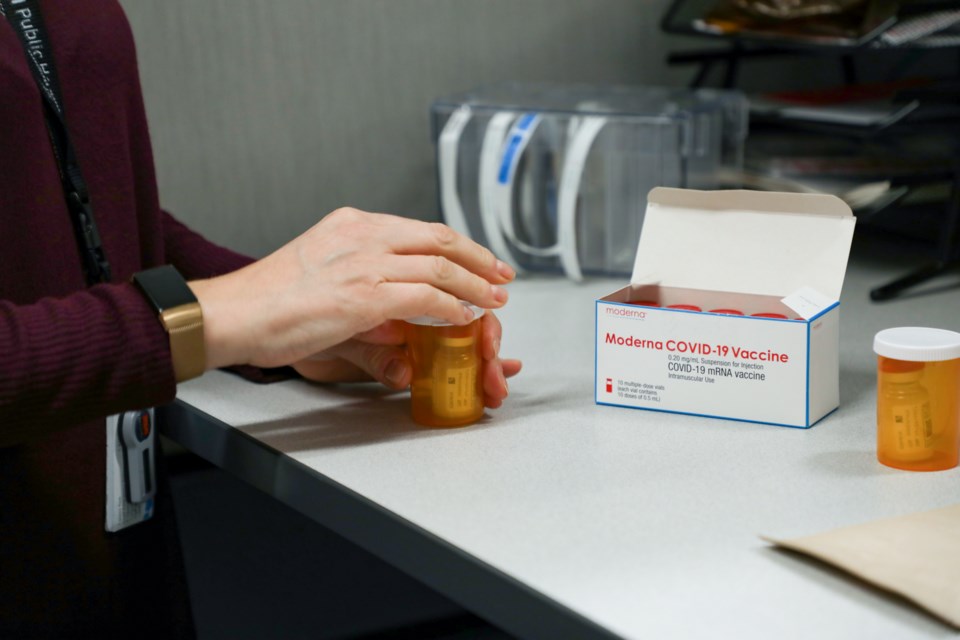Like many seniors in Newmarket, Peggy Faulkner is anxious to know when she will be able to get a COVID-19 vaccine.
The 86-year-old Faulkner is welcoming Ontario's newly released vaccination priorities that have put her and others aged 80 and over next in line to get the shot.
But she still has questions about how exactly that will work, and answers are proving hard to come by.
"I'm wondering if there is any scheduling for this distribution? I've met people who work in the hospital's medical arts building who still haven't been vaccinated yet," she said.
"I'm OK for now, but I'm 86, and when you are that old you don't have all that many years left, and I just lost one to the pandemic — although that's true of everyone."
A shortage of vaccines has made it necessary for the province to first allocate vaccines to residents and staff at long-term care and retirement homes, as well as health-care workers who are at the most risk and work directly with patients.
Under the new vaccination priorities put out by the provincial government, health-care workers remain an "immediate priority" for the vaccine. Other groups in this category include:
- Staff and essential caregivers in long-term care homes, high-risk retirement homes and First Nations elder care homes.
- Patients in hospitals who have confirmed admission to a long-term care home, retirement home or other congregate care homes for seniors.
- Highest priority health-care workers — such as paramedics and staff in critical care units, emergency departments and COVID-19 medical units — followed by very high-priority health-care workers — such as those in surgical care, obstetrics, assisted living facilities and palliative care settings. These categories are laid out in the Ministry of Health’s guidance on health-care worker prioritization.
- Indigenous adults in northern, remote and higher-risk communities, including on-reserve and urban communities.
Faulkner and other seniors in her age range are slated to get the vaccine next:
- Adults 80 years of age and older.
- Staff, residents and caregivers in retirement homes and other congregate care settings for seniors.
- Health-care workers who the Ministry of Health categorized as “high priority,” such as staff in mental health and addictions services and sexual health clinics.
- All Indigenous adults.
- Adult recipients of chronic home care.
That still leaves questions about how seniors 80 and over will get their vaccines.
"No one seems to know what is going on," said Faulkner. "I was thinking maybe I need to get in line somewhere in town."
Some answers may come tomorrow morning at a special regional council meeting at which York Region Public Health will present its vaccination plan.
Anyone interested in watching the presentation can do so by visiting york.ca/live at 9 a.m. on Thursday, Feb. 18.



